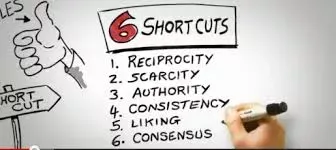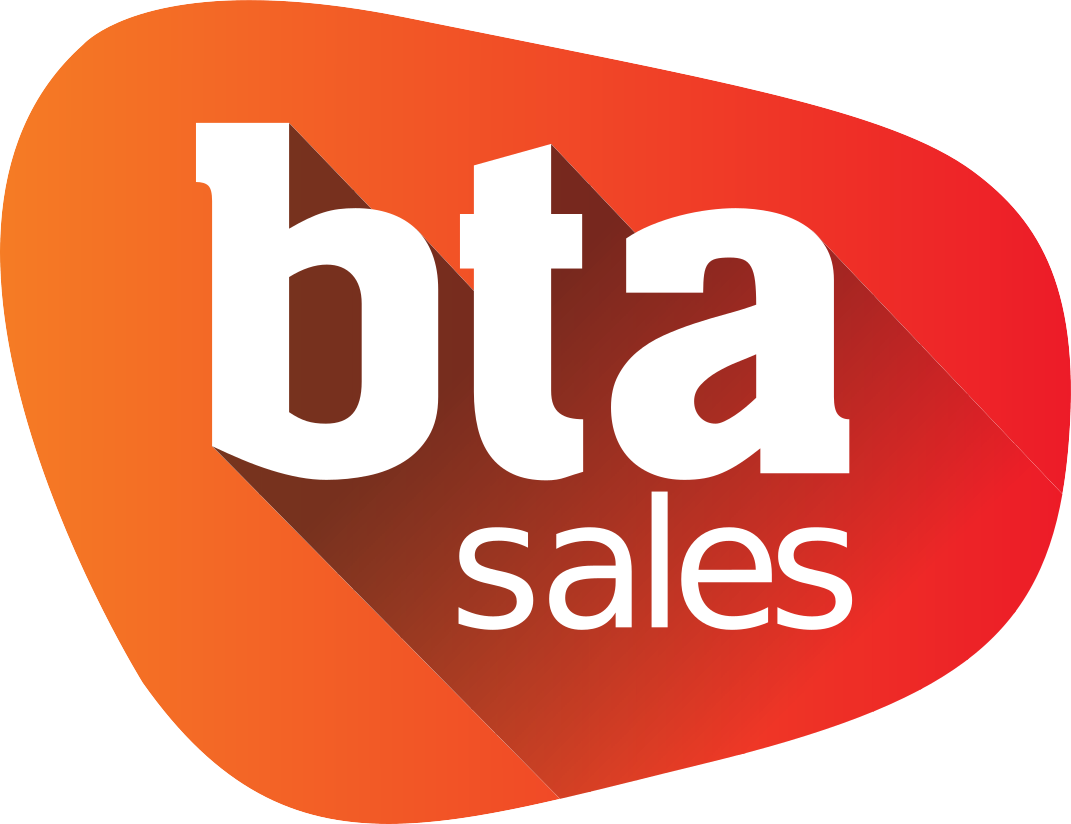Resources
THE SECRETS OF THE SCIENCE OF PERSUASION: 6 SHORTCUTS

March 3, 2020
Cialdini’s book “Influence: The Psychology Of Persuasion” is one of the all time great books about sales and marketing. Recently Robert Cialdini and Steve Martin published a short video outlining the 6 shortcuts of persuasion that influence someone to say “yes”.
If you’re looking to make more sales than it can really help to get a grip on these principles and their use. The good news is that they are universal shortcuts which means they work with everyone.
1. Reciprocity
If you give something to someone, you feel obliged to give something back. That means you can create an obligation with a prospect to give you something by giving them something first. This doesn’t have to be a huge gift even a small token can persuade someone to take a more favourable view of you.
2. Scarcity
People want more of things that they can have less of. This is pretty obvious. We value gold because it’s scarce. Gold is actually pretty useless as metals go but because there’s not much of it – we’ll pay large sums for it. If you show your prospects what they stand to lose if they don’t take a close look at your proposals, you can invoke scarcity and make the proposal more likely to be valued.
FREE INTERVIEW GUIDE
Do you want the world’s best salespeople on your team?
Grab your free bta Sales interview guide, where we outline the qualities of the world’s best salespeople, and give you some invaluable questions to identify them at interview.
Download My Free Interview Guide
3. Authority
People will follow the lead of “credible, knowledgeable experts” is the principle of authority. You are
more likely to take a doctor’s advice if he has his diploma on display while he gives the advice. That
means you need someone else to tell your prospect how awesome you are before you start pushing a
proposal. By the way, a person with a vested interest in your success is fine to do the talking here – the principle of authority works fine anyway.
4. Consistency
If you can make a proposal consistent with a buyer’s current actions – they are more likely to say yes. A small commitment to an action will lead to a larger commitment later on. Get a buyer to make a small written commitment in public and the bigger private commitment will follow.
5. Liking
We like people who are similar to us, who pay us compliments and who cooperate with us. Research
shows that you want to highlight the similarities you have with your prospects and pay the prospect
genuine compliments prior to getting involved in any negotiations with them.
6. Consensus
If you can show your prospect that other people are already acting on your proposals; they are more
likely to act on your proposal too. Figures like “69% of people in your industry have elected for XYZ
product” can help your prospects feel confident to take the decisions you want them to.
Share This Post
